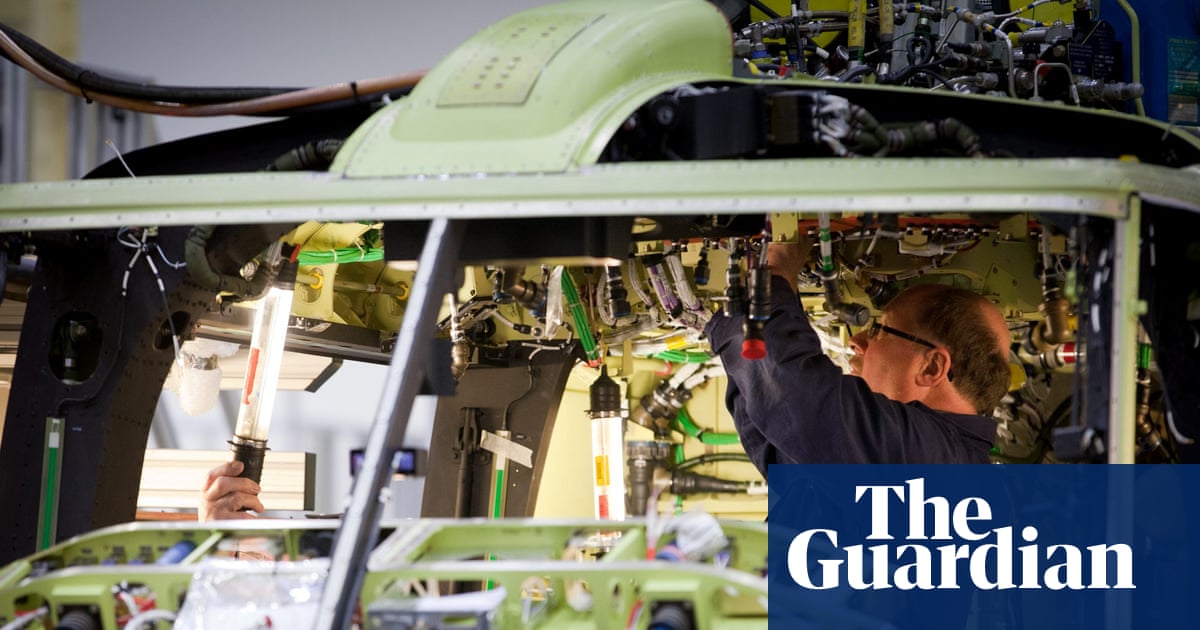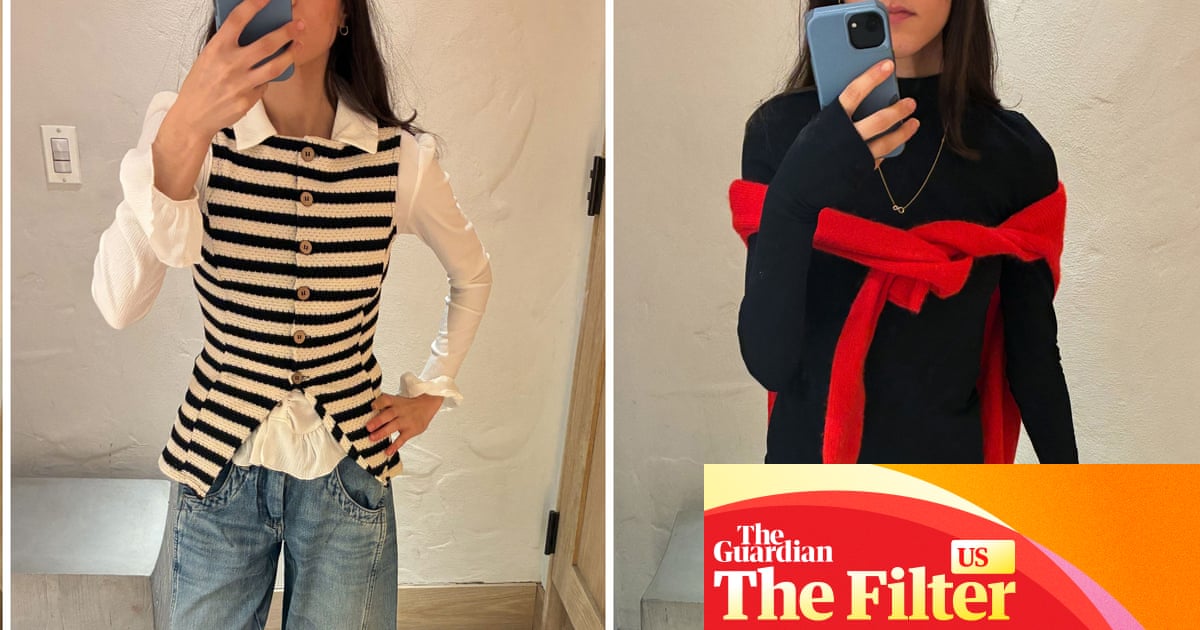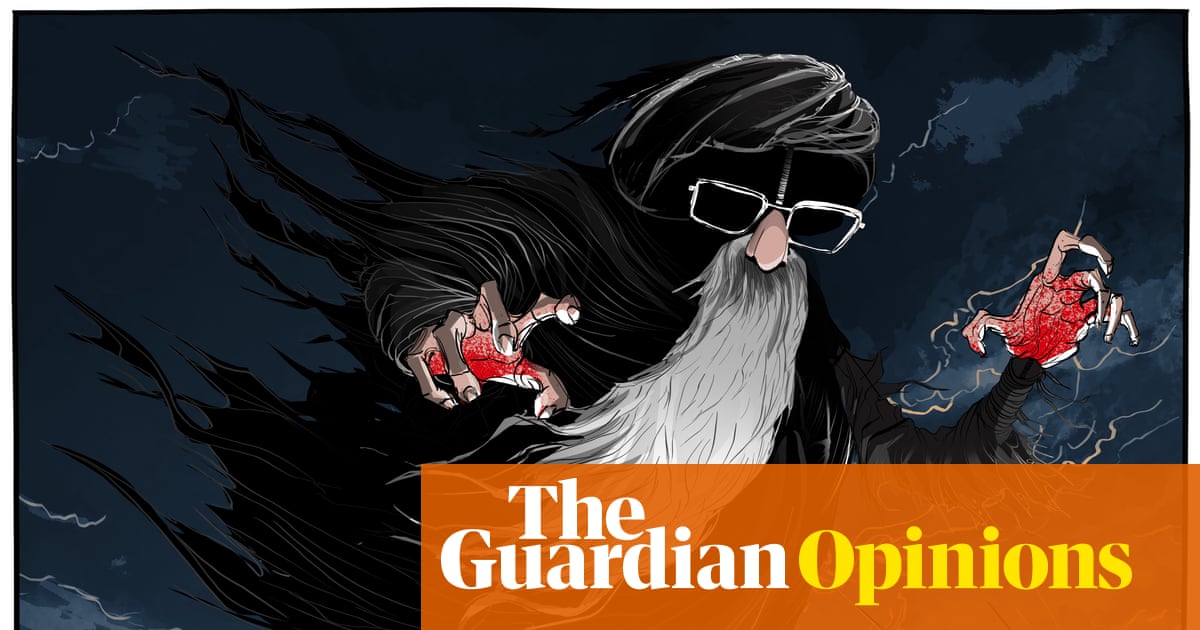There is a secret industry that generates billions of dollars a year. Its workers are bright, industrious and completely anonymous. Their job is writing essays to order for students – in the UK and elsewhere – to help them get good degrees.
These are “shadow scholars”, highly educated Kenyans who earn a living by working for essay mills. They are contracted to ghostwrite essays, PhD dissertations and other academic papers for students across the world, who pay a fee then pass off the work as their own.
The role is not unique to Kenya. There are similar writers in India, Pakistan and any other number of countries, including the UK, but Kenya has been identified as a hotspot, with an estimated 40,000 ghostwriters working in Nairobi alone.
They are the subject of a new film that talks for the first time to the young Kenyans who may be writing an essay or dissertation on any topic from mechanical engineering, nursing or quantum physics to Jane Austen, linguistics or Ho Chi Minh.
Smart, ambitious, well-educated and tech-savvy, they worked hard to get to university, they graduated with good degrees, but there are no jobs. Instead they spend their days – and nights – logging on to essay-writing platforms, scrolling down the list of assignments and making their bids to win the work.
The cameras follow the sociologist and Oxford professor Patricia Kingori as she travels to Nairobi to interview the writers and explore the power dynamics that enable students in countries such as the UK to secure degrees and begin lucrative careers without doing their own work.

She is bowled over by the young people she meets. “They’re incredible,” she told the Guardian. “I felt like I was entering a kind of elite athletes’ camp. It’s like being a recreational jogger and then suddenly entering an Olympic village.
“You’re able to write an essay, on a subject you’ve learned nothing about, in six hours? How are you able to do this? They have to meet these deadlines, otherwise they get badly reviewed and they get kicked off the platform. They don’t get extensions. They don’t get sick notes. They just have to do it.”
Kingori, who is Kenyan-born, meets Mercy, a graduate and mother of Angel, who works through the night, sometimes having to master two different subjects for two different assignments in the space of 12 hours. She has had only three hours’ sleep, but she needs the money.
With the money he has made, Chege, who describes himself as one of Kenya’s academic writing pioneers, paid for his own education, supported his sister through her degree, built his parents a house and bought himself a car.
The writers create fake IDs, using white profiles and names, because they say it helps convince clients they are up to the task. “If you go online now and try to find help with an essay, invariably they sell you the service as if it’s coming from somebody that’s in the UK or the US,” said Kingori.
“Nothing that I’ve seen will tell you that this is somebody in Nairobi. There’s this idea that this could not be coming from an African country. This level of intellect and skills could not be coming from people in Kenya.

“Africa isn’t the place that educates us, right? This is the place where we do all the cake sales for, it’s not the place that is actually propping up all of our educational institutions. So I think turning that on its head is really important.”
One of the writers in the film says: “They want our ideas. They just don’t want us.”
after newsletter promotion
Another says: “There’s no Kenyan writer who called an American citizen and asked them to do an assignment for them.”
The best paid can earn as much as a doctor in Nairobi. Pricing can range from less than £1 a page to thousands of pounds for a whole dissertation. Adrian has written essays for students at the universities of Oxford and Leeds, among others. Asked about the ethics of what he does, he said: “For me, I’m gaining knowledge. I would pass that question to the client.”
On the other side of the world is Kate, a US student who was falling behind with her studies and sold nudes so she could pay $300 for someone else to write her essays. Her parents invested their life savings in her education, which is costing tens of thousands of dollars a year, and she cannot bear to let them down.

Essay mills were banned in England in 2022, but according to Thomas Lancaster, a computer scientist and expert on contract cheating at Imperial College London, students are still using them, though the advent of generative AI is changing the landscape.
“Contract cheating and the use of essay mills remains a major problem in UK higher education, as students are getting awards that they do not deserve. This is unfair to the vast majority of students, who are working and studying hard,” he said.
“Some students have moved to using genAI systems like ChatGPT in place of contracting to an essay mill. I’ve also heard that there is a market now for students who use genAI to create a first draft, but then hire a writer to check the content and to rewrite it so that it is not detected as AI-generated.”
Kingori is angry at what the film uncovers. “Power makes itself invisible so we don’t question whether things should be the way they are. It enrages me. This should not be why Kenya is on the map, and if the world was fair, these scholars would be able to operate on the world stage as themselves.”
All names have been changed. The Shadow Scholars can be seen in select UK cinemas from 16 September and on Channel 4 on 24 September at 10pm

 3 months ago
102
3 months ago
102

















































